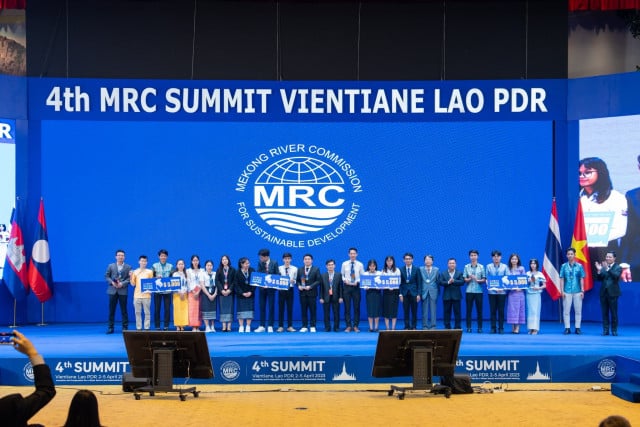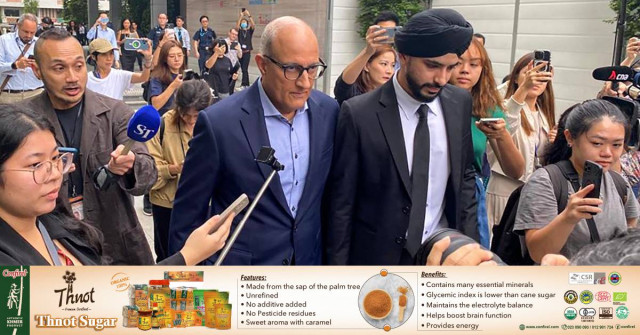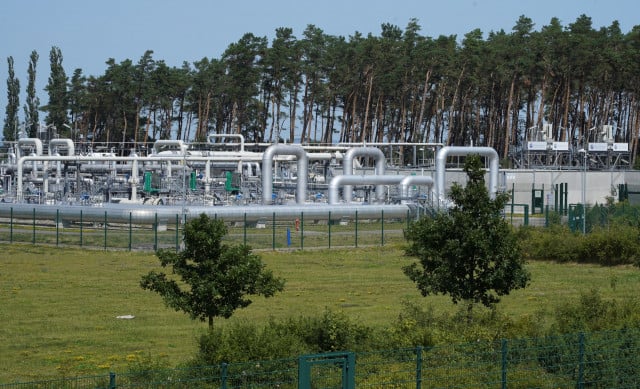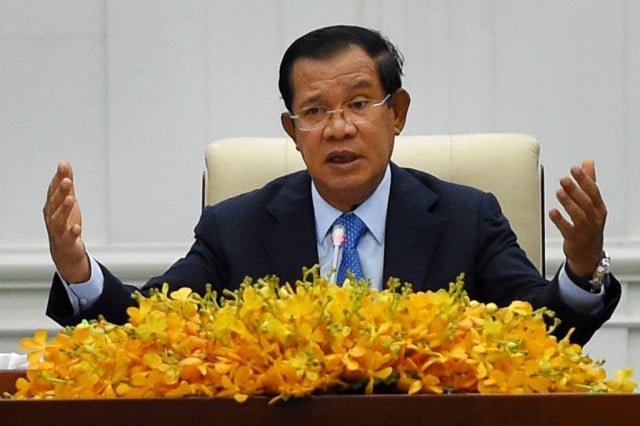Cambodian Students Take Top Mekong Tech Prizes

- By Lay Sopheavotey
- April 7, 2023 2:00 PM
PHNOM PENH – Three Cambodian university groups have beaten students from Laos, Vietnam, and Thailand to win top places in the first-ever Monitoring River Technology Competition.
The Mekong River Commission competition featured 15 teams from Cambodia, Laos, Vietnam and Thailand, with the goal of developing telemetry sensor technology that can measure and monitor water level, rainfall, soil moisture and water quality.
The winner for technology that can measure and monitor water levels went to a team from the Cambodia Academy of Digital Technology, while an honorable award went to Vietnam’s Thuyloi University.
The water quality technology winner was the National Polytechnic Institute of Cambodia, while an honorable mention went to the National University of Laos.
The winner in the category of rainfall technology went to the Institute of Technology of Cambodia, and an honorable mention went to the Soutsaka Institute of Technology in Laos.
The soil moisture technology winner was the National University of Laos, while the Can Tho University of Vietnam received an honorable mention.
Pon Solita, a student from the Cambodian Academy of Digital Technology, said the competition was a great experience that enabled young people from the Mekong to encounter the problems in the region.
“It gives us the opportunity to express our innovative ideas as well as our feelings that we not only care about this river, but we also care about the world,” she said. “No one can help us if we do not help ourselves,"
The prizes were $5,000 for each winner and $1,000 for each honorable mention.
The competition aims to broaden the effort to pursue cutting-edge technologies and cost-effective and sustainable tools as alternatives to river monitoring technology that will help protect Southeast Asia's largest river while promoting the region's technological self-reliance.
About 250 stations measure the condition of the river in areas such as hydrology, rainfall, water quality, health, ecology, fisheries and drought. However, most of them use foreign products, are expensive and are challenging to maintain.
The goal for students was to design technology that was suitable for its own terrain, location, weather and functions. It had to be solar-powered and capable of collecting and transmitting telemetry data to the server in real time.
Santi Baran, the chief of strategy and partnerships for the commission, said the Mekong lacked adequate sensors because they were very expensive. The students' research on the technology was a valuable contribution to the Mekong region.
“We knew it had to be the youth, who are empowered with all the innovations in their hands and can really make a difference,” Baran said.
“If we give them an opportunity, no one can do a better job than the youth that are here today. You showed that Mekong people can do this technology ourselves, here on Mekong soil.”
Originally written in Khmer for ThmeyThmey, this story was translated by Te Chhaysinh for Cambodianess.















